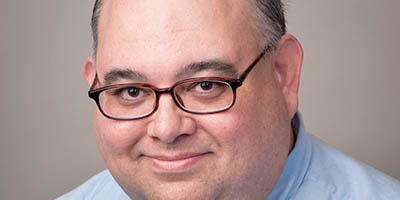by Michael Podrebarac
Do we really need the permanent diaconate, since they can’t celebrate Mass or hear confessions? There’s really nothing deacons can do that priests or laypeople can’t do, is there?”
The problem with these occasionally asked questions is that they focus entirely on what a deacon can and cannot do. The real question should concern itself with the deacon’s “being,” not the deacon’s function.
“What is a deacon?”
A deacon is called by God and ordained by the church to animate and make present Christ the humble servant. The deacon is configured to the Master Servant in a particular way.
The priest is also configured to Christ in a particular way. And more important than what the priest does is who he is. Even when not celebrating Mass, the priest is an image of the priestly min- istry of Jesus Christ, who offered himself in continual sacrifice. The priest lays down his whole life, in the manner of the Good Shepherd himself, for the sake of his flock.
The consecrated woman or man is also configured to Christ in a particular way. Consecrated religious serve in hospitals, schools and other apostolates which build up the church on earth and serve the common good. But far more important that these important functions, they are women and men who witness to the kingdom of God through committed lives of poverty, chastity and obedience, through the life of community, and through prayer.
The laity are configured to Christ as members of his mystical body. They are called through baptism to live and share, in daily life, the good news of the Gospel before the whole world. No one would seriously suggest that all the lay faithful are about is the proverbial “praying, paying and obeying.”
That deacons can baptize, witness marriages, conduct wakes and committal services, give blessings, and distribute holy Communion will, in fact, prove helpful in our archdiocese.
That deacons will proclaim the Gospel, preach homilies, and teach the faith is certainly part of the gift the permanent diaconate will bring to us. And it will be a given that deacons will serve the sick and the poor, for this is the heart of their ministry.
But the diaconate is much more than liturgical service, preaching and teaching, and even works of charity. There is a reality to the deacon’s very being which cannot be replicated by the laity, nor by the consecrated life, nor even by the priesthood. The diaconate has its rightful place in the complementarity of the church’s several parts.
Yes, we really need deacons, animators of Christ the servant, seeking like him to serve and not be served, configured to him in his humble service of love and charity, in a most particular and unique way.


